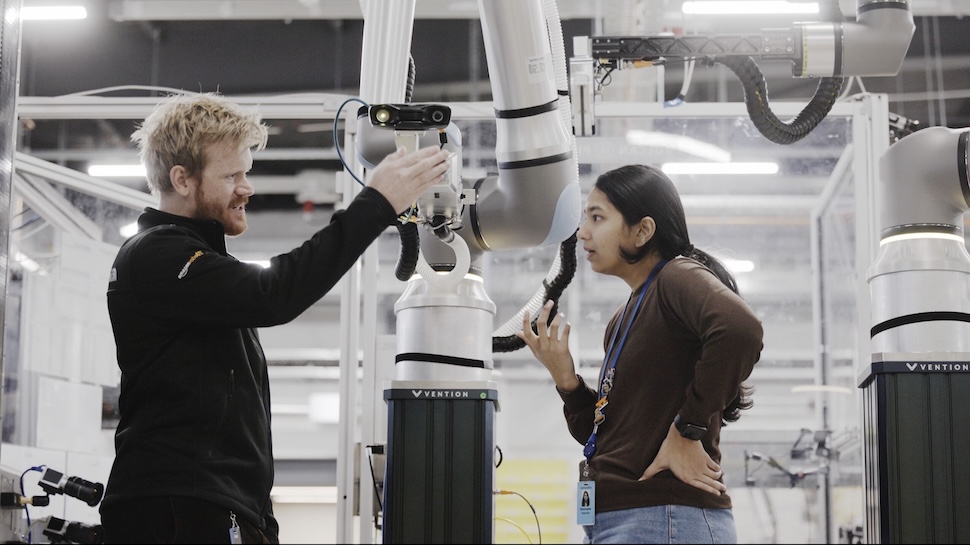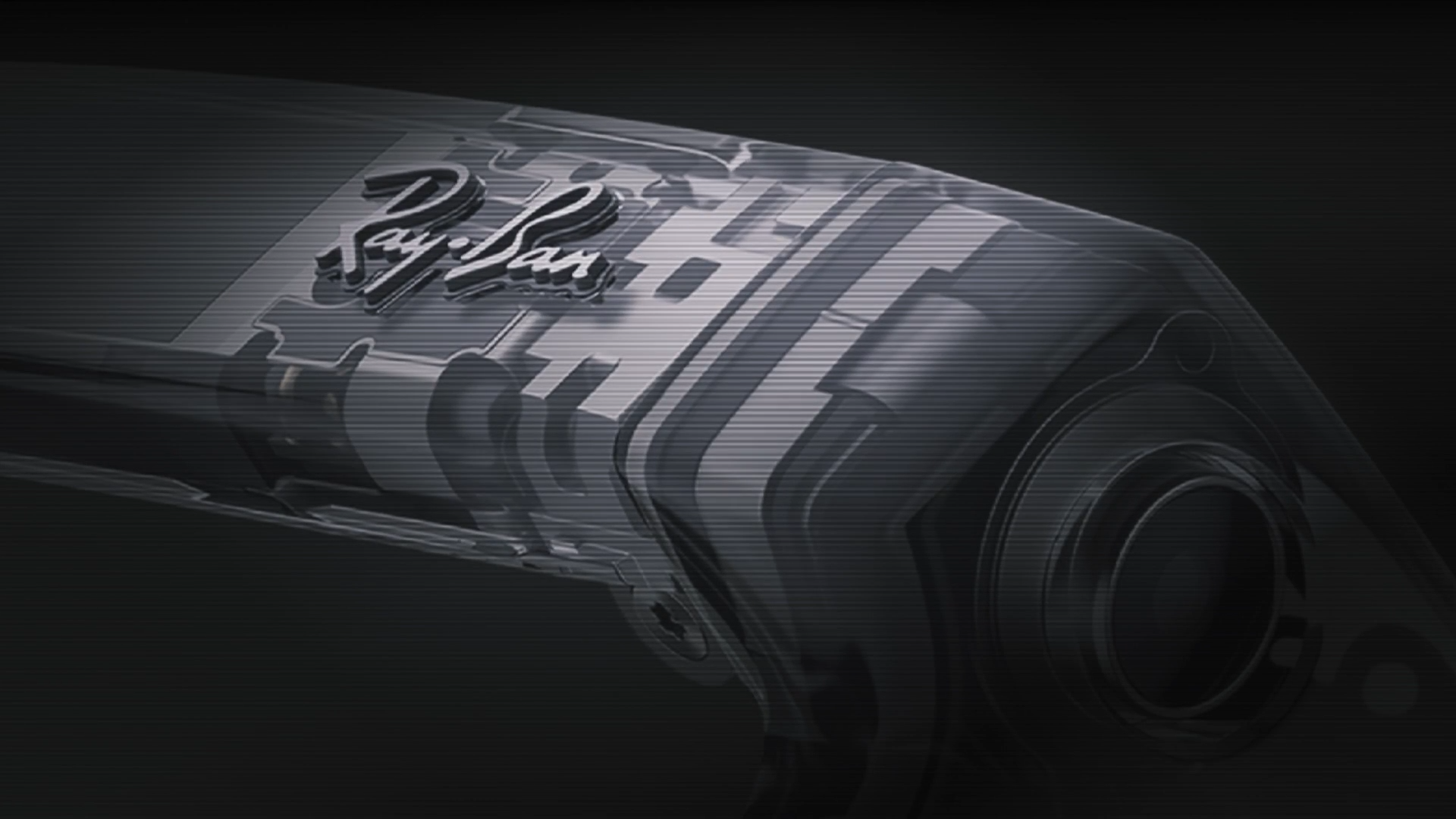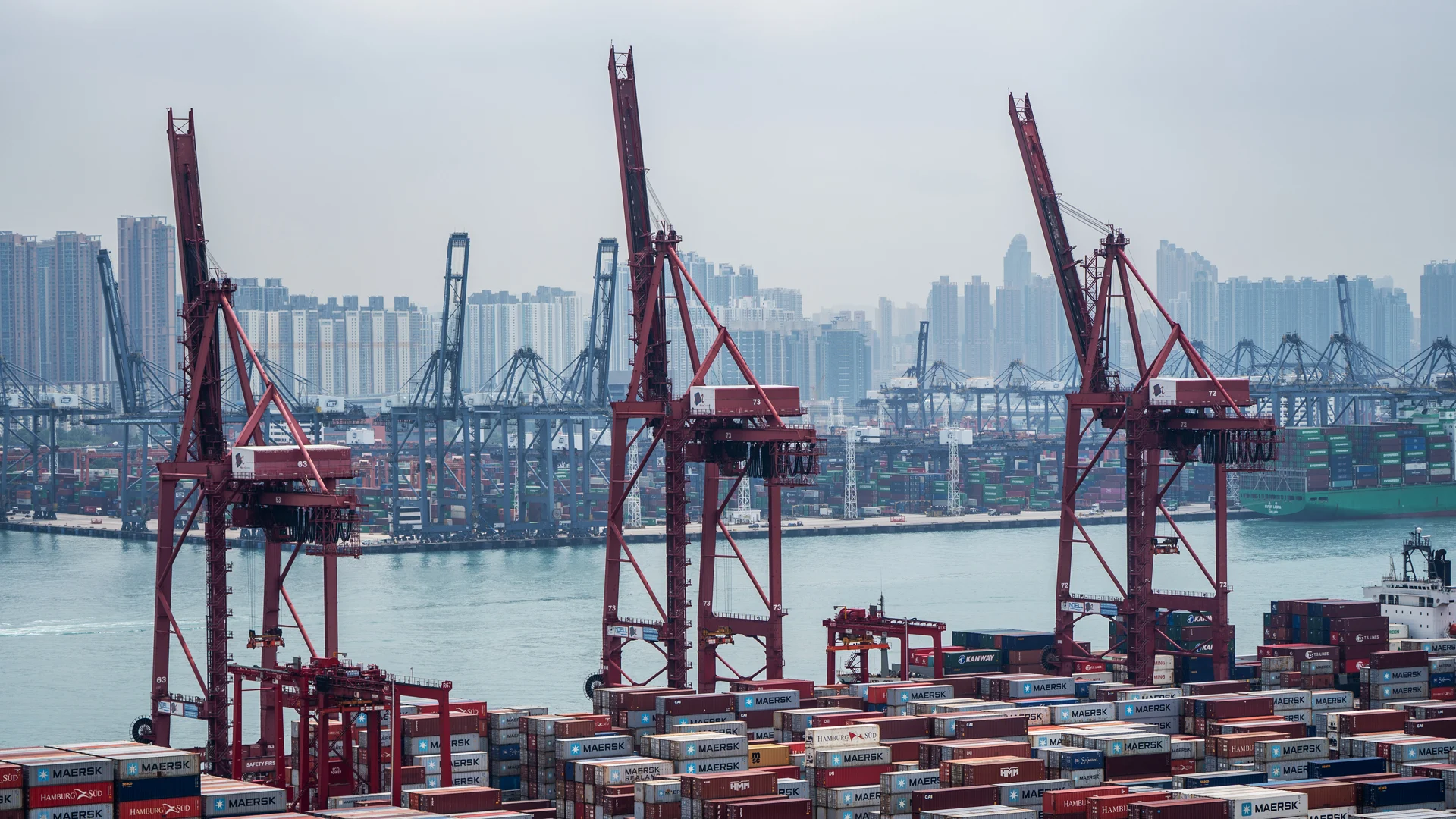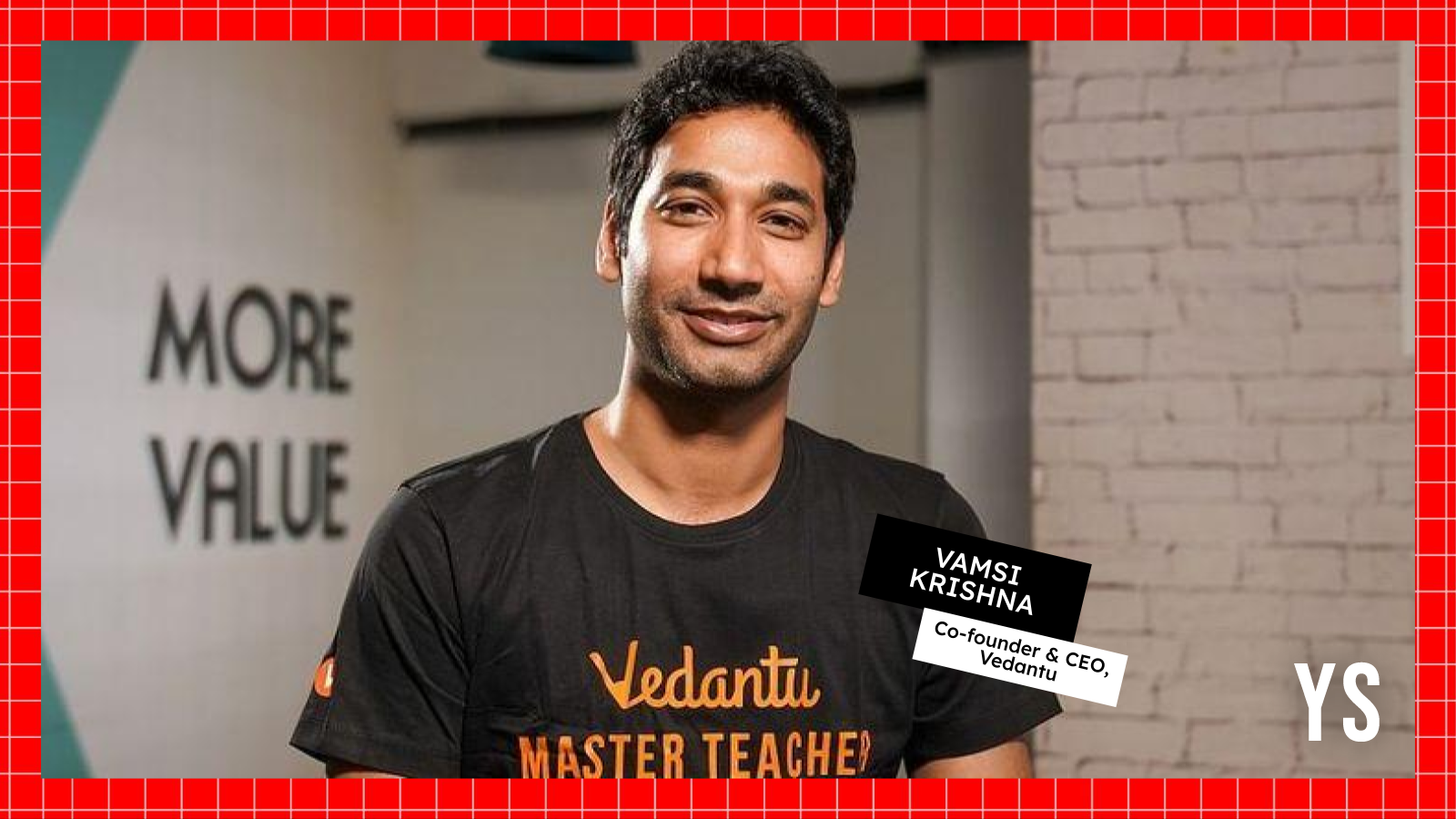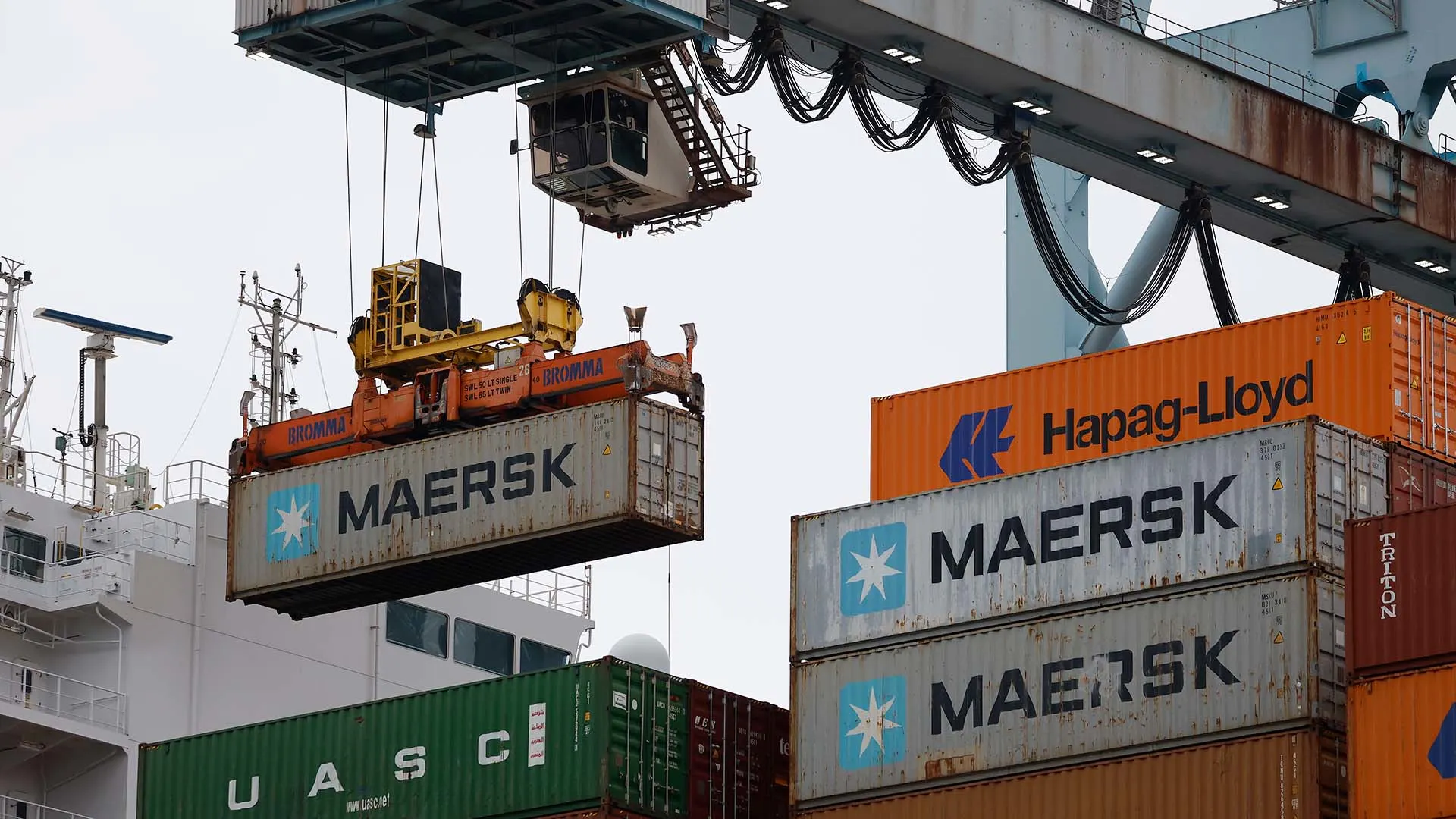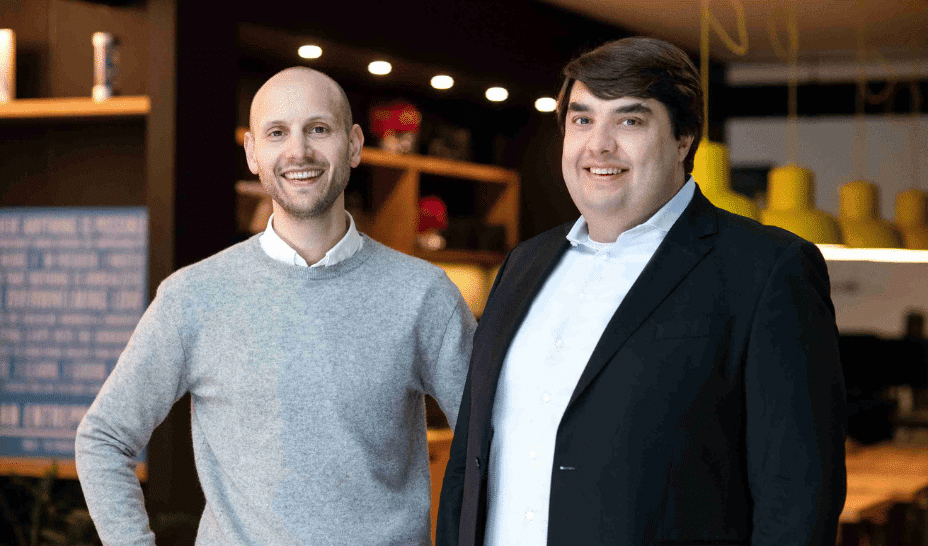How DAAKit is reinventing the logistics experience for D2C brands
While ecommerce giants dominate with next-day deliveries, most D2C brands are still playing catch-up. That’s the gap Haryana-based logistics startup DAAKit aims to close.


Ever ordered from a D2C brand and waited days for it to be shipped across the country? That delivery lag is exactly what Chandan Singh Ghugtyal set out to fix with DAAKit, a smart logistics startup helping smaller brands match the speed of ecommerce giants.
DAAKit, derived from ‘daakia’, the Hindi word for postman, was inspired by the age-old connection created through letters, a nostalgic nod to communication and delivery. “We wanted a name that reflects our roots,” says Ghugtyal.
When Haryana-based Ghugtyal, 36, started DAAKit in early 2024, he wasn’t looking to create just another logistics startup. He wanted to solve a problem that had haunted him throughout his 15-year career in the ecommerce and supply chain ecosystem: How could emerging D2C brands compete with large ecommerce companies in delivery speed and customer experience, without losing control over their brand and margins?
Before founding DAAKit, Ghugtyal worked at ecommerce platform LimeRoad and shipping startup Shiprocket. In his most recent stint heading warehousing at Picker (later acquired by Shiprocket), he engaged with numerous D2C brands and recognised a universal problem. Despite offering stellar products, these brands struggled with fragmented logistics and warehousing. They couldn’t provide the seamless, same-day delivery experiences that customers now expect and that larger marketplaces could deliver at scale.
“Why should Amazon or Flipkart have all the fun?” Ghugtyal says. “D2C brands pay hefty commissions, lose out on customer data, and can't build brand loyalty. They need to offer the same delivery speed from their websites.”
DAAKit is Ghugtyal’s solution to that problem.
The startup operates as a D2C enabler, offering end-to-end warehousing and logistics solutions backed by smart technology. It helps brands decentralise inventory through a network of 10 warehouses across the country, including Delhi NCR, Mumbai, Kolkata, Chennai, Bengaluru and beyond. Placing products closer to customers lets brands promise next-day or even same-day deliveries, just like ecommerce giants.
“If a customer in Lucknow places an order, we shouldn’t ship it from Delhi. We’ll fulfil it from Lucknow itself or Ghaziabad. That’s how we cut delivery time from five days to one, and reduce logistics costs by 20–30%,” he says. However, DAAKit plans to expand its footprint by setting up seven additional warehouses by the end of this year.
DAAKit’s technology helps make decentralisation seamless. Its proprietary Warehouse Management System (WMS) lets sellers manage inventory, track expiry dates, automate replenishments, and monitor stock across all locations in real time.
Beyond the WMS, DAAKit has also developed an intelligent courier allocation engine. It enables brands to choose delivery partners based on cost, Service Level Agreement (SLA) performance, and serviceability. Rules can be automated so orders are assigned to the most efficient courier.
“We’re also building AI and ML algorithms to offer deeper insights, like identifying hero products by geography and predicting demand peaks,” Ghugtyal says.
As a solo founder, Ghugtyal has had to navigate emotional and operational highs and lows on his own. “Every day you hit rock bottom, and then there’s a high,” he reflects. “The whole team looks to you for decisions. You are the last point. There’s no one to turn around and ask.”
Despite these challenges, the progress is evident. In its first year, DAAKit clocked Rs 1.15 crore in revenue, with a net monthly income of Rs 13 to 15 lakh. It operates profitably with a lean six-member team: two each in technology, operations, and sales. The venture is bootstrapped, with the first Rs 50,000 invested by Ghugtyal’s wife. “Meena was the first believer in this journey,” he says.
Today, DAAKit serves more than 10 active clients, including brands like Kind Life and Krishna Ayurveda. “Some of them were anchor clients I had worked with during my Shiprocket days,” Ghugtyal shares. “They trusted me to handle their warehousing, and that gave us a head-start.”
The startup’s strategy isn’t to build capital-heavy assets. It operates on a variable-cost partnership model with existing warehousing players, optimising their underutilised spaces. “Most warehouses are under-optimised. We add a revenue stream for them, and they help us scale our network without heavy upfront costs,” Ghugtyal says.
DAAKit’s model is proving especially relevant in a landscape where ecommerce is no longer limited to metro cities. Post-COVID, consumption patterns have expanded into Tier II and Tier III cities like Ahmedabad, Indore, Vijayawada, and Coimbatore. DAAKit uses heat maps and sales data to identify where to place inventory, often piloting hero products in these regions to validate demand.
One of DAAKit’s most promising upcoming offerings is reverse logistics, a service many D2C brands currently lack. “Returns are a nightmare, especially in apparel. We’re building a process for inspection, refurbishment, and restocking, so brands don’t lose out due to minor wear or misuse,” Ghugtyal explains. A dedicated refurbishment space will be set up in each warehouse to handle such returns efficiently.
The startup has also caught the attention of key incubators. DAAKit is now incubated at IIM Lucknow and part of NASSCOM’s 10,000 Startups Program. It has onboarded Sanjay Singh, former CIO of Paytm Payments Bank, as an advisor, and is currently in advanced talks with angel and seed-stage investors.
Ghugtyal envisions DAAKit becoming the go-to enabler for every D2C brand aiming to own their customer experience. “Our goal is not to compete with ecommerce giants but to empower brands with the same speed and serviceability, on their own terms.”
Yet, DAAKit is not alone in this space. Startups like Zippiee, Blitz, Picko are all striving to streamline courier selection and strengthen fulfillment capabilities for D2C brands.
As ecommerce evolves beyond metros and consumer expectations rise, DAAKit is building the infrastructure—physical and digital — for India’s D2C revolution. In Ghugtyal’s words, “The game is no longer about just shipping a product. It’s about creating trust, owning your customer, and building a brand that lasts.”
As DAAKit steps into its second year, Ghugtyal is clear about the road ahead. “Year two is all about team, tech, and scale,” he says. “I’m now focused on expanding into more Tier II and Tier III cities, partnering with more D2C brands and marketplaces, and raising our first institutional round to build faster and better,” he shares.
Edited by Affirunisa Kankudti
















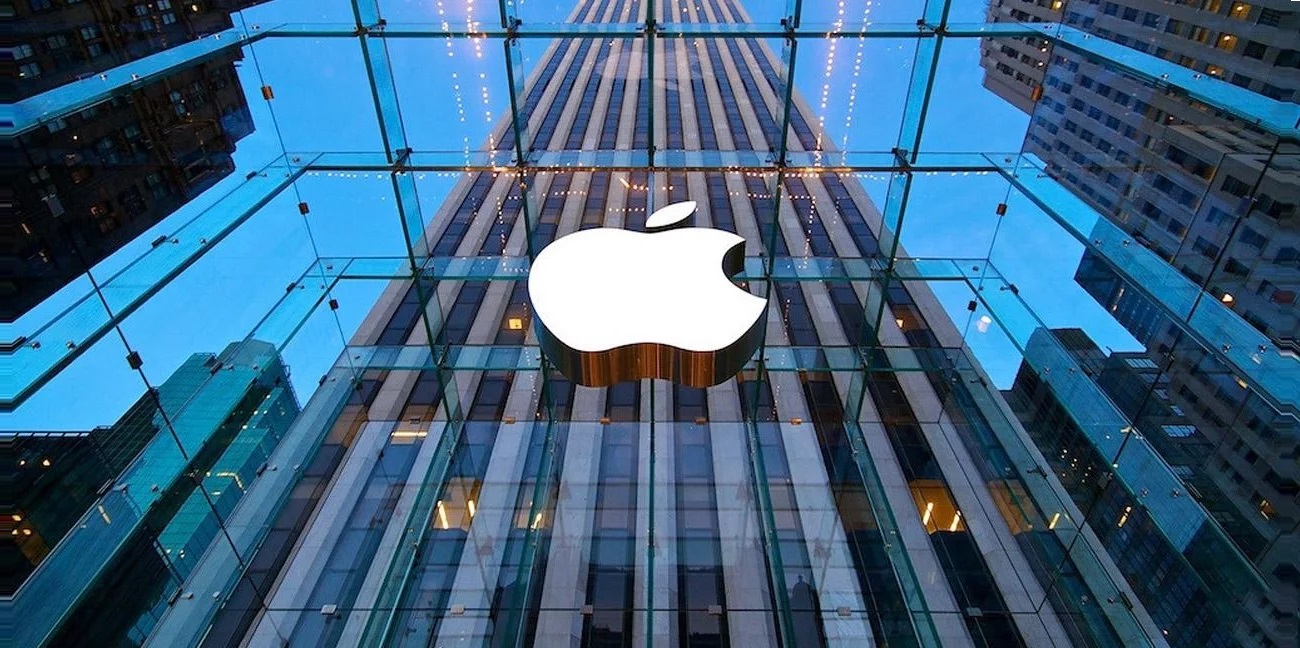
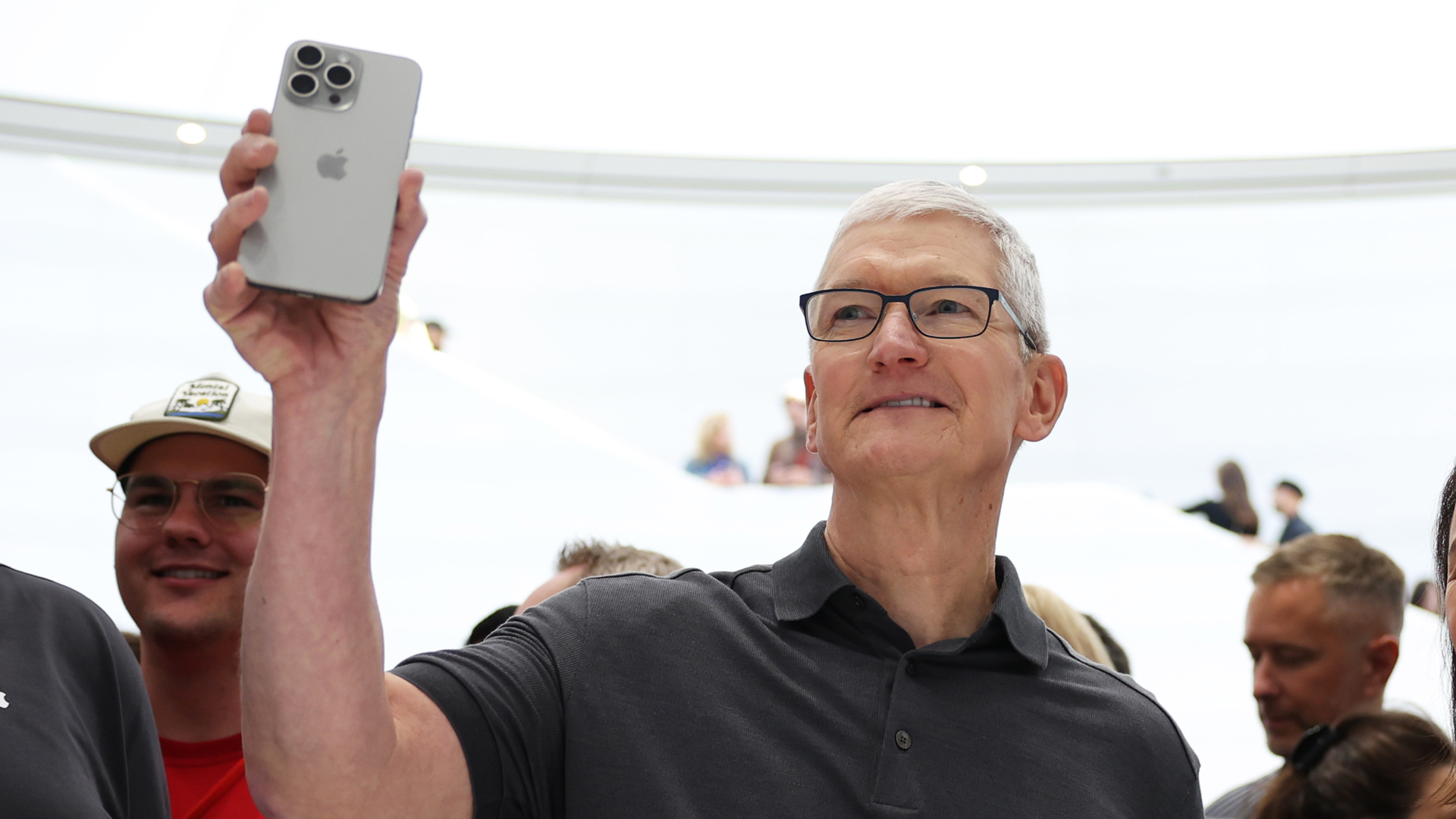
























































































































































![[The AI Show Episode 146]: Rise of “AI-First” Companies, AI Job Disruption, GPT-4o Update Gets Rolled Back, How Big Consulting Firms Use AI, and Meta AI App](https://www.marketingaiinstitute.com/hubfs/ep%20146%20cover.png)








































































































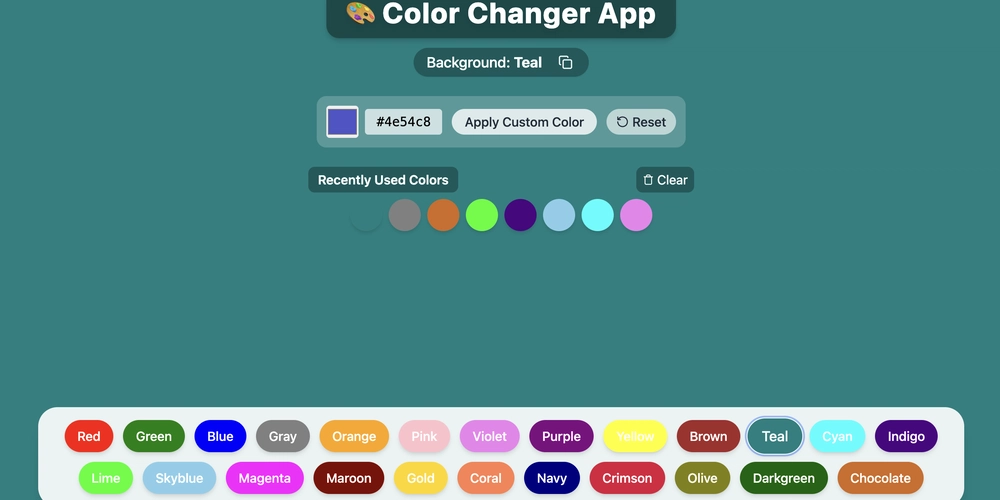















![[DEALS] The Premium Python Programming PCEP Certification Prep Bundle (67% off) & Other Deals Up To 98% Off – Offers End Soon!](https://www.javacodegeeks.com/wp-content/uploads/2012/12/jcg-logo.jpg)



















































































































-Mafia-The-Old-Country---The-Initiation-Trailer-00-00-54.png?width=1920&height=1920&fit=bounds&quality=70&format=jpg&auto=webp#)























_Aleksey_Funtap_Alamy.jpg?width=1280&auto=webp&quality=80&disable=upscale#)
_Sergey_Tarasov_Alamy.jpg?width=1280&auto=webp&quality=80&disable=upscale#)


























































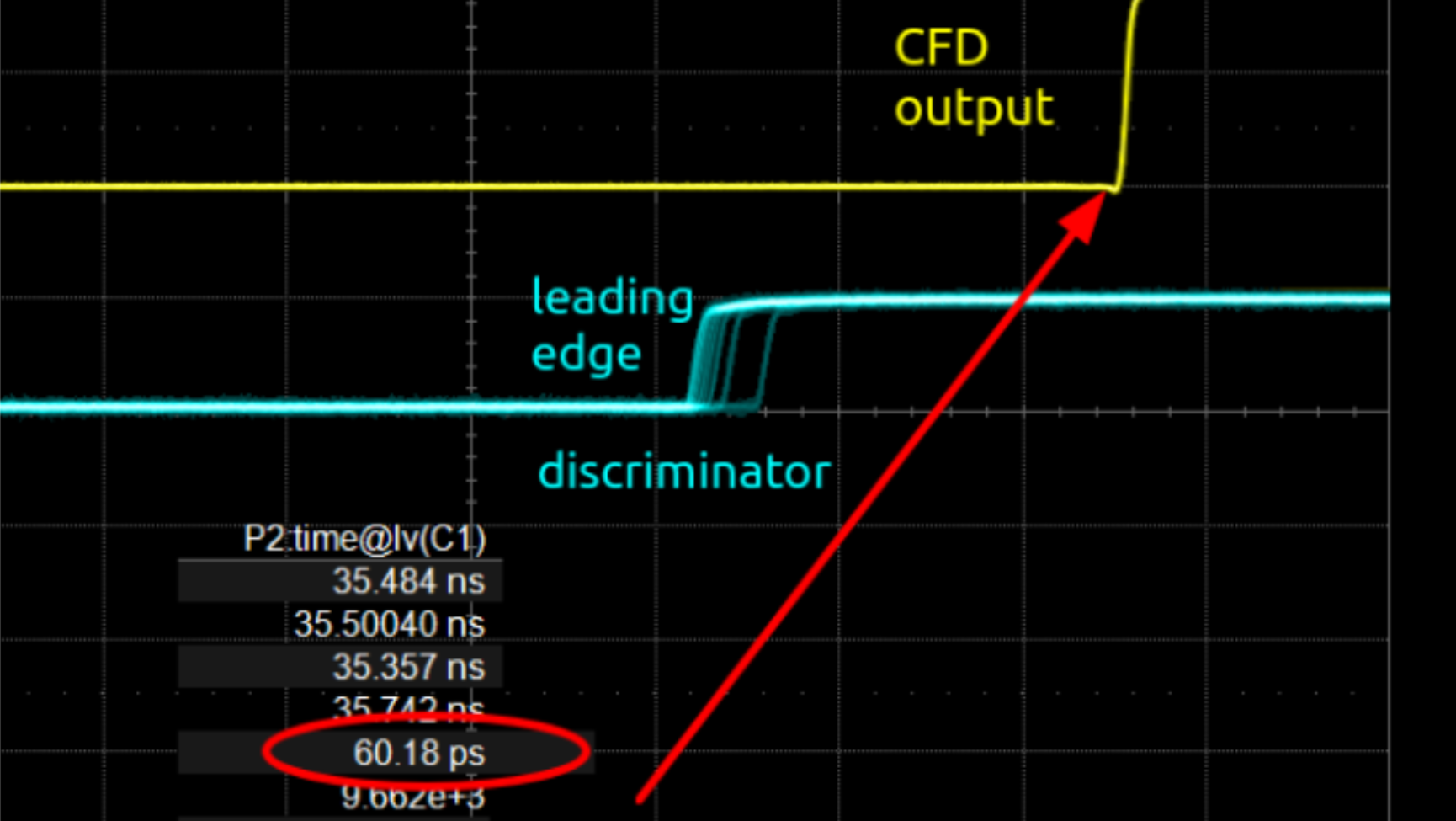





























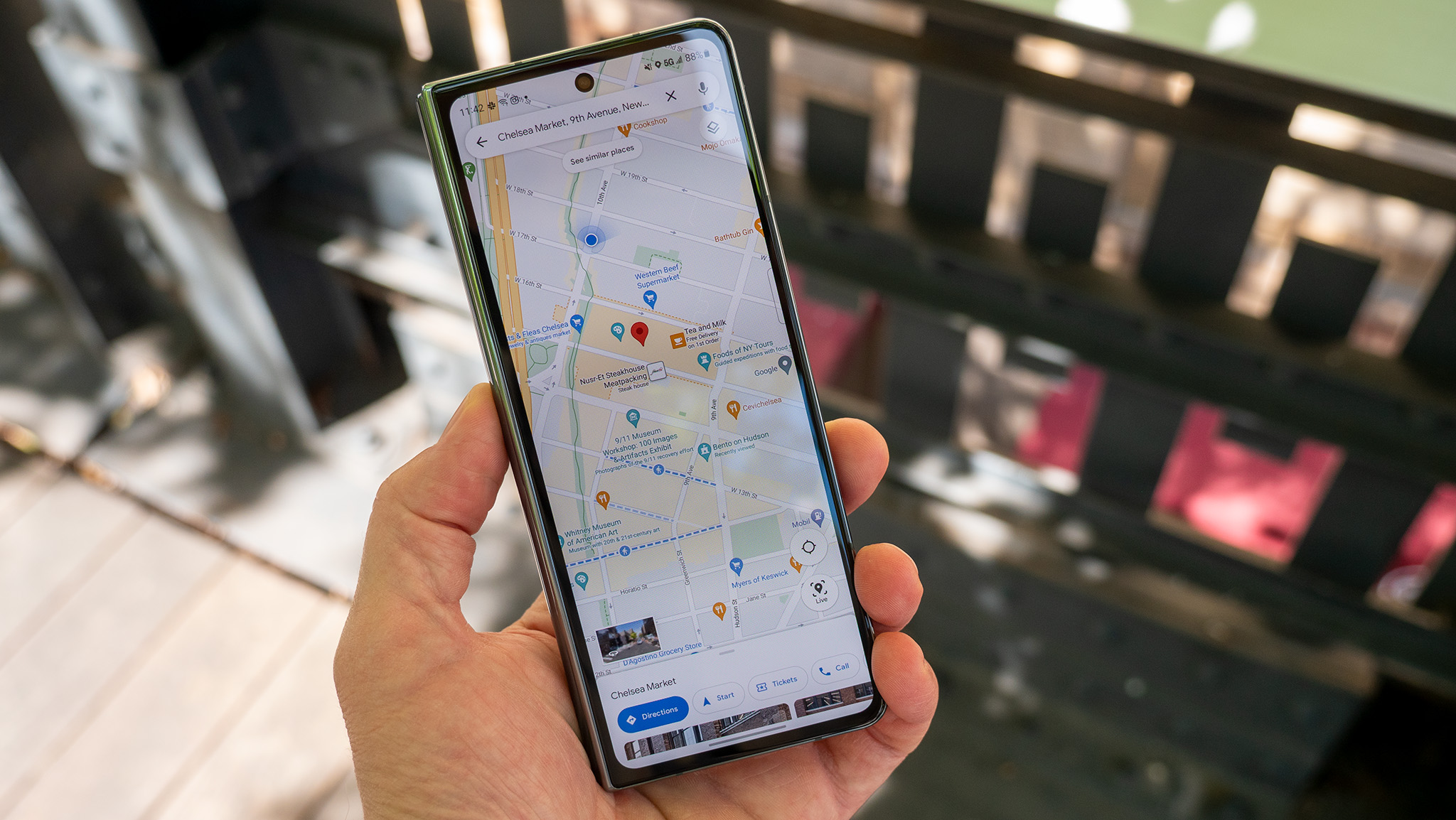
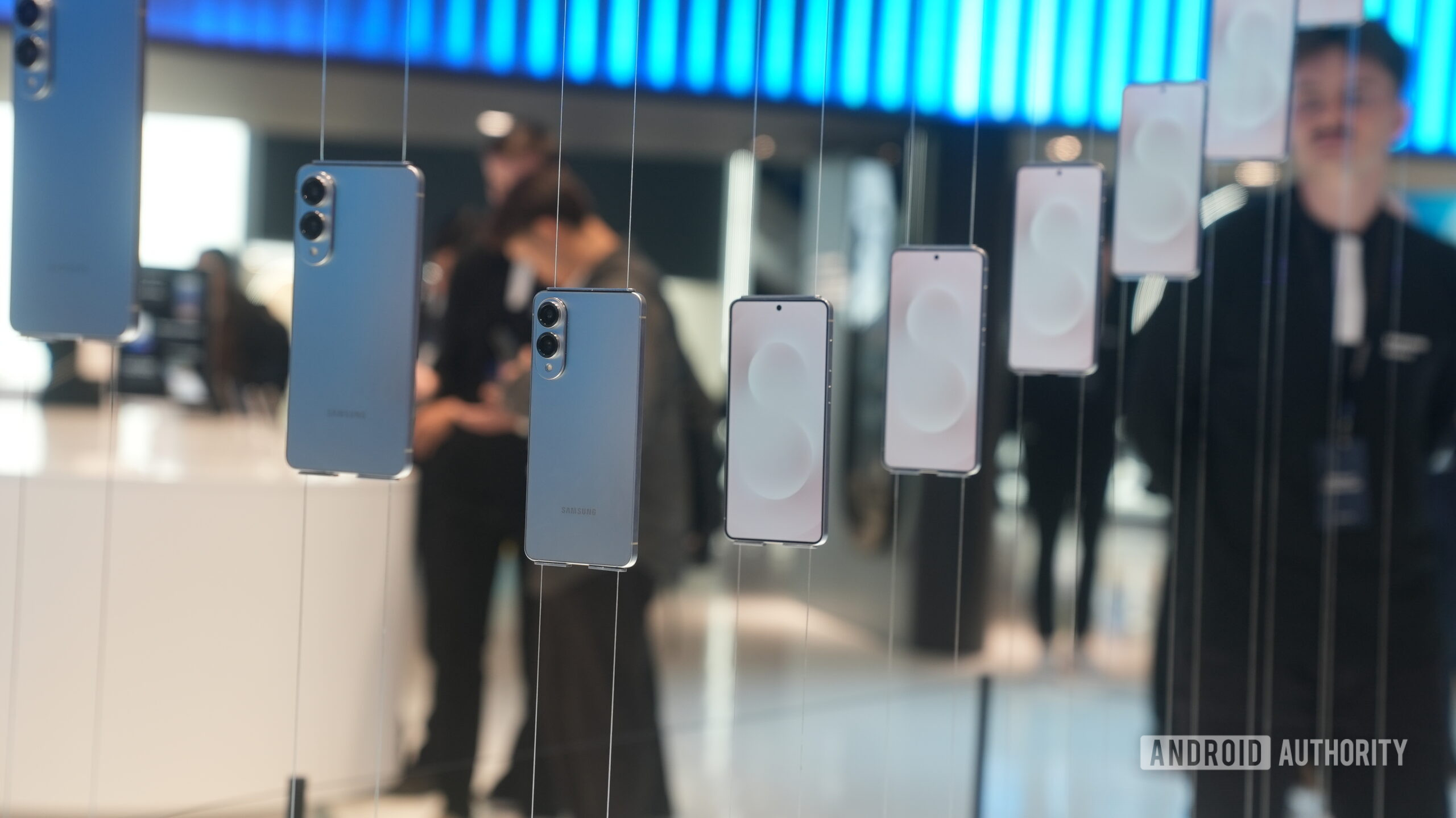




















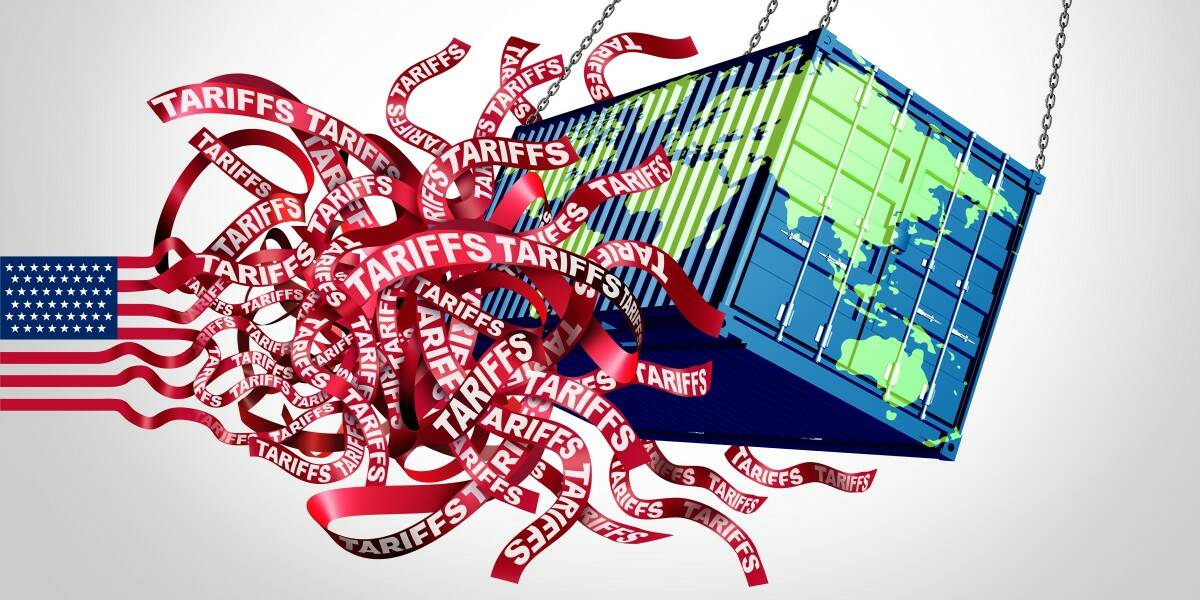
![Apple Developing New Chips for Smart Glasses, Macs, AI Servers [Report]](https://www.iclarified.com/images/news/97269/97269/97269-640.jpg)
![Apple Shares New Mother's Day Ad: 'A Gift for Mom' [Video]](https://www.iclarified.com/images/news/97267/97267/97267-640.jpg)
![Apple Shares Official Trailer for 'Stick' Starring Owen Wilson [Video]](https://www.iclarified.com/images/news/97264/97264/97264-640.jpg)
















